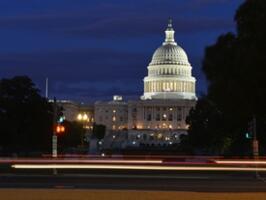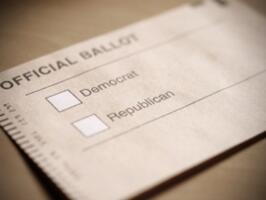February 10, 2015
Even as NBC-TV wrestles with what to do with evening anchor Brian Williams, fewer Americans are getting their news predominately from television, and they trust the news they are getting less than they did a year ago.
A new Rasmussen Reports national telephone survey finds that 60% of American Adults regard the news reported by the media as at least somewhat trustworthy, but that includes just seven percent (7%) who think it is Very Trustworthy. Thirty-eight percent (38%) do not trust the news media, with eight percent (8%) who believe the news reported is Not At All Trustworthy. (To see survey question wording, click here.)
(Want a free daily e-mail update? If it's in the news, it's in our polls). Rasmussen Reports updates are also available on Twitter or Facebook.
The survey of 800 American Adults was conducted on February 7-8, 2015 by Rasmussen Reports. The margin of sampling error is +/- 3.5 percentage points with a 95% level of confidence. Field work for all Rasmussen Reports surveys is conducted by Pulse Opinion Research, LLC. See methodology.












